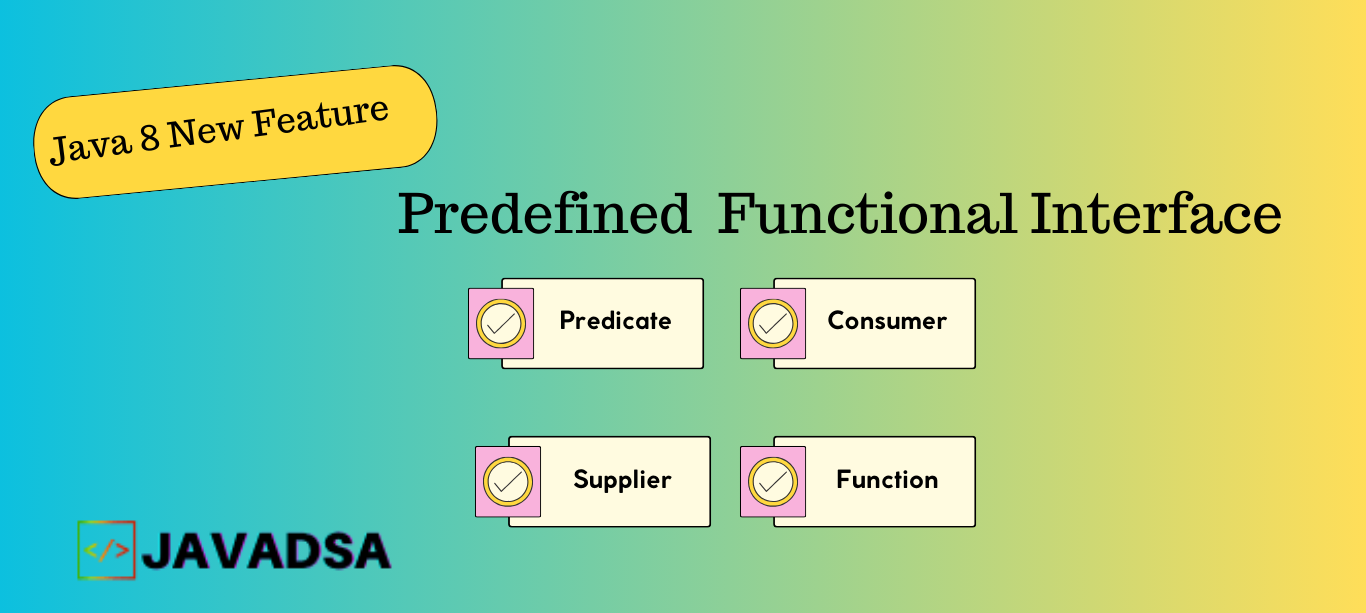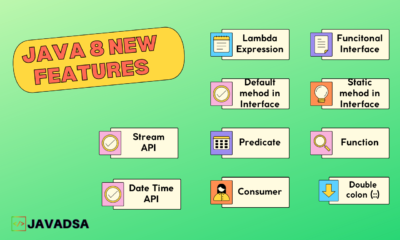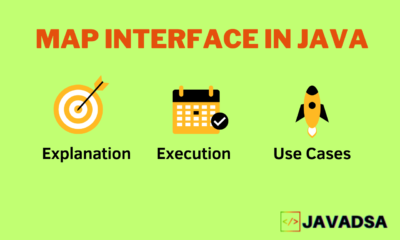





Table of Contents What is Functional Interface ? In Java, functional Interface is used ...


A Lambda Expression in Java is a feature introduced in Java 8. It helps...


Agenda for this blog is to explore Java 8 features which was a big...


Before deep dive in to Map interface concept & its implimentation, lets try to...